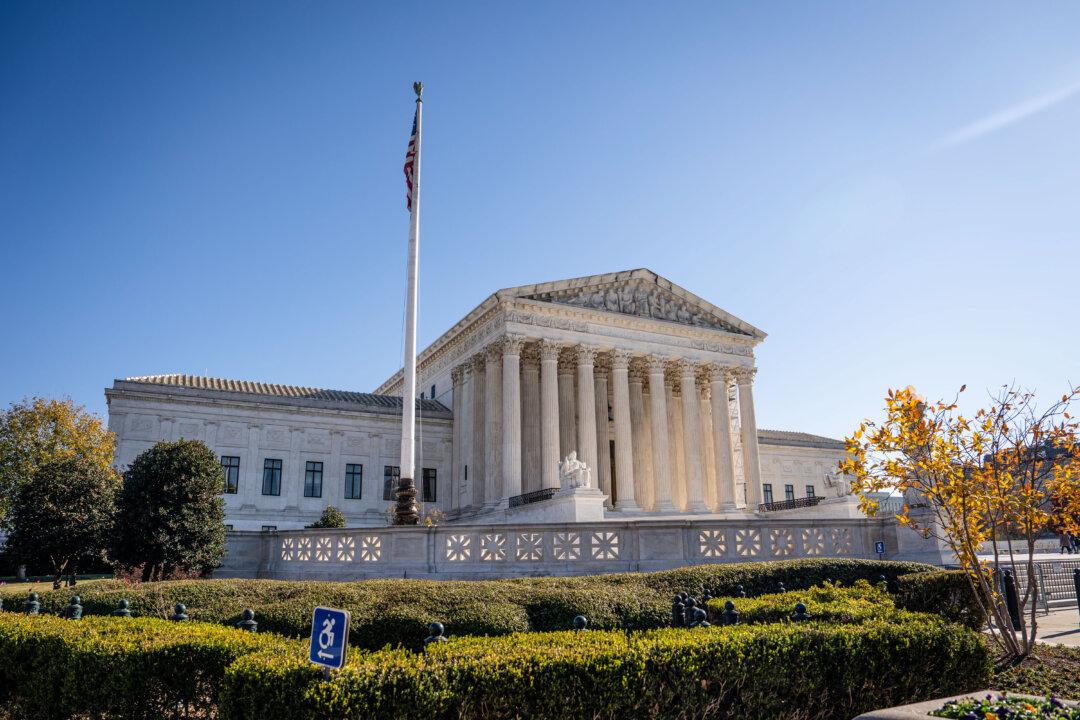The U.S. Supreme Court has agreed to consider whether an epileptic student’s family may sue her Minnesota school district over special accommodations that she was denied.
The court granted the petition in A.J.T. v. Osseo Area Schools on Jan. 17 in an unsigned order. No justices dissented. The court did not explain its decision.





